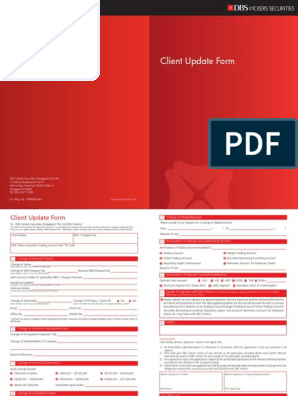0% found this document useful (0 votes)
159 views5 pagesInterview Guide For Internal Control (Control Activities)
This document contains an interview guide to assess the control activities of non-government organizations in Tagbilaran City. It includes questions about segregation of duties, authorization and approval processes, verification and approval procedures, physical controls, and independent checks related to cash handling, payroll, accounts payable, and record keeping. The guide aims to evaluate how financial duties are separated and transactions are authorized, verified, and safeguarded within these organizations.
Uploaded by
Mel MinatozakiCopyright
© © All Rights Reserved
We take content rights seriously. If you suspect this is your content, claim it here.
Available Formats
Download as DOCX, PDF, TXT or read online on Scribd
0% found this document useful (0 votes)
159 views5 pagesInterview Guide For Internal Control (Control Activities)
This document contains an interview guide to assess the control activities of non-government organizations in Tagbilaran City. It includes questions about segregation of duties, authorization and approval processes, verification and approval procedures, physical controls, and independent checks related to cash handling, payroll, accounts payable, and record keeping. The guide aims to evaluate how financial duties are separated and transactions are authorized, verified, and safeguarded within these organizations.
Uploaded by
Mel MinatozakiCopyright
© © All Rights Reserved
We take content rights seriously. If you suspect this is your content, claim it here.
Available Formats
Download as DOCX, PDF, TXT or read online on Scribd
/ 5

























































































